
Free Lunch Society: Komm Komm Grundeinkommen (2017)
Género : Documental
Tiempo de ejecución : 1H 34M
Director : Christian Tod
Sinopsis
What would you do if your basic income was taken care of month after month? Would you stop working? Follow your passions? Take more risks? The four-figure sum that all four members of the Wardwell family receive each year from the Alaskan government’s crude oil profits goes towards a college fund for their children, something they would otherwise be unable to afford. Filmmaker Christian Tod, himself a fervent supporter of the idea, explores the model of an unconditional basic income and takes a look at trial systems already underway in the US, Canada and Namibia. Wandering the history of this utopia reminiscent of science fiction he eventually ends up in Switzerland, where the new system was voted on in 2016. In this multifaceted and highly entertaining documentary, Tod broaches life’s existential questions and fuels the debate on one of the most prevalent economic topics of our generation.
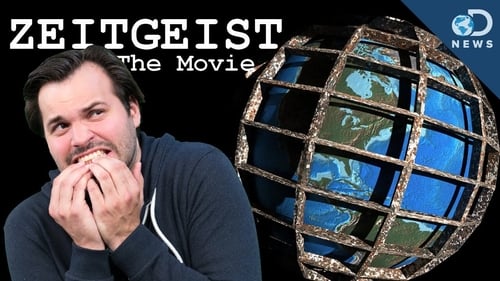
Controvertido documental que relaciona el Cristianismo, el 11-S y la Reserva Federal Americana. De distribución exclusiva por Internet pero disponible en algunos países ya en DVD, obtuvo excelentes críticas por parte de los internautas y otras muy negativas que ponían en liza la poca fiabilidad de algunas de las cosas que se contaban. No confundir con "American Zeitgeist", documental de Rob McGann del año 2006, estrenado en cines y que aborda un tema parecido.
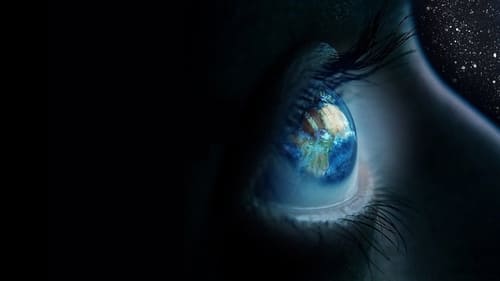
Secuela del aclamado documental Zeitgeist. Como aquel, éste se estrenó directamente en Internet y puede verse gratuitamente desde su propia página oficial, y aborda cuatro temas de actualidad con la intención de dar a entender a la gente de que no todo es lo que parece.

Lucy Hill (Renée Zellweger) es una ejecutiva ambiciosa con mucho futuro que vive en Miami, encantada además con su estilo de vida en la bulliciosa ciudad. Adora sus zapatos, adora sus coches y adora subir puestos en el escalafón corporativo. Cuando de un día para otro le ofrecen un puesto temporal lejos de su ciudad, en una pequeña población rural de Minnesota, para reestructurar una fábrica, Lucy acepta inmediatamente, sabiendo que un gran ascenso no anda muy lejos. Pero lo que empieza siendo un trabajo sencillo acaba siendo una experiencia que le cambiará la vida, ya que Lucy va a encontrar un mayor sentido a su existencia y también, de forma imprevista, al hombre de sus sueños (Harry Connick, Jr.).
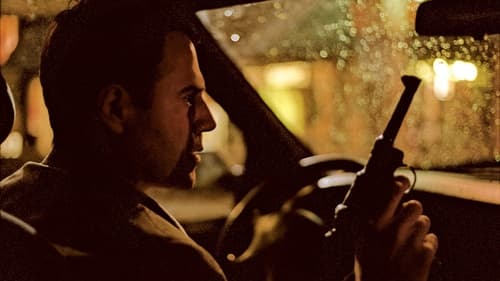
Bruno Davert es un alto ejecutivo que trabaja desde hace quince años en una fábrica de papel. Debido a la reestructuración económica de la empresa, él y cientos de empleados son despedidos de la noche a la mañana. En principio la medida no le preocupa; es joven (ronda los cuarenta), tiene una preparación excelente y confía en encontrar pronto un puesto de trabajo similar. Tres años después, aún sin trabajo, sólo piensa en sobrevivir y garantizar el futuro de su familia. Por ello, decide, con la ayuda de un arma, pasar a la acción y aniquilar a la competencia de una forma ordenada y lógica. Al mismo tiempo prepara el asalto a la Corporación Arcadia, el último obstáculo entre él y el puesto laboral que ansía.

A narrative constructed in the wishful-filmmaking, or “fanumentary”, genre. Rural women artists unite via CR to support one another’s work and to showcase more women’s art publicly available in their community. A refreshing weave that combines animation, nature shots and live action into a story of actualization.

United We Fall is a documentary about a North American Union that is being developed right now between Canada, the United States, and Mexico. For years this topic has been debated in the news and in political circles as being a possible future for North America. In recent years, the mood has shifted and a rift is developing between those who want a deeply integrated North American community, and those who wish to retain their national sovereignty. This film takes a look at both sides of the issue by interviewing insiders such as members of the ultra-secretive Bilderberg group, the Trilateral Commission and the Council On Foreign Relations and also journalists and activists such as Luke Rudkowski, Alex Jones and producer Dan Dicks who have been at the heart of this heated debate.

La gran recesión no ha sido culpa del libre mercado. Por contra, su causa debe buscarse en la profunda intervención del estado y los bancos centrales en la economía, provocando, de manera fraudulenta, ciclos recurrentes de expansión artificial, burbuja y recesión económica que terminan pagando todos los ciudadanos.

The first Gulf economic play centered on an issue that affected members of Kuwaiti society, which sparked widespread controversy between Kuwaiti society and the Gulf community in general, and the issue was the "Al Manakh Market" crisis in 1982, which ended in losses exceeding $ 22 billion. Where the story tells about the second oil boom of the Gulf states at the end of the seventies and the beginning of the eighties of the twentieth century AD where the price of oil increased continuously until the Gulf countries recorded large financial surpluses, so the money poured into the stock market significantly until it opened a stock trading office in a semi-parallel office and was named a market "Al Manakh" in which money flowed greatly from almost all segments of Kuwaiti society and even foreign residents and some individuals from the Gulf states and increased frantic speculation and increased buying and selling for the future until it reached astronomical numbers.


El best-seller de Ronald Wright, Breve historia del progreso, inspiró este réquiem cinematográfico al "progreso de siempre". A lo largo de la historia de la humanidad, aquello que parecía "progreso" siempre ha resultado un tiro por la culata. Algunos de los más reconocidos pensadores, activistas, banqueros y científicos nos desafían a superar las trampas del progreso, las cuales destruyeron las antiguas civilizaciones, pero se encuentran traicioneramente integradas en la nuestra.

On a continuing journey and without destination defined, the painter Anton Lamazares meets with friends and family to reflect about key issues to answer this question: what place is left for the art as a way of understanding existence?

This film is a newsreel, which presents some views, scenes and mo-ments of the class struggle in Madrid. The “Movimiento 15-M” is the first major “movement” in the beginning of the 21st century. A deep movement, trans-border and trans-historical which reactivates and works ideas and concepts that were long thought to be forgotten: demos, logos, revolution ...
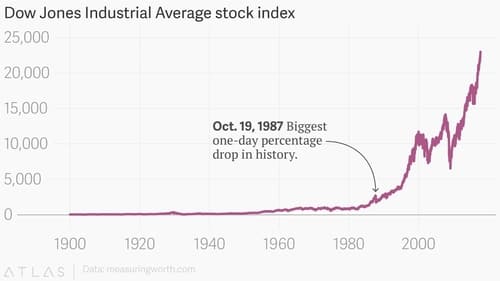
Diving deep into the true causes of the Great Recession, the financial crisis of the 2010s, renowned economists, investors and business leaders explain what America is facing if we don't learn from our past mistakes. Is the economy really improving or are we just blowing up another Bubble?

Emanando de las catacumbas griegas de Europa, un murmullo a través del continente devastado, “Que no vivamos como esclavos” (pronunciado “Na min zisoume san douli” en griego). En las paredes de la ciudad y las rocas de campañas, en las carteleras vacías o devastadas, en periódicos alternativos y radios rebeldes, en casass okupas y centros auto-organizados que se multiplican … este es el lema que la resistencia griega difunde, día tras día, y nos invita a su lado con las melodías de esta película. Un gran soplo de aire fresco, emoción y utopías en marcha vino del mar Egeo.

Overdraft is an award-winning film featuring leading thinkers and policymakers from across the aisle exploring major topics such as entitlement programs, defense spending, tax reform and the choices that America’s debt forces on individuals and businesses. Independently produced, Overdraft was launched in August 2012, and made available for broadcast on public television for two years through the National Educational Telecommunications Association (NETA).

Roni Beck is a man whose only thought in life is to become a professional comedian, but who due to his lack of success must live hidden in his mother's appartment in an old people's home, continuing to believe firmly that his day in the limelight will come. One day Serge Grätzer, the director of the old people's home, discovers Roni, and makes him help out with the work. Serge then decides to take a hand in Roni's career, embezzling money to launch the budding comedian. Once again however success eludes Roni. In the end Serge decides to fulfil his own secret longings to be on the stage. This leads to a row between the two men. Despite a reconciliation, they never again appear together on the stage. And when Serge's embezzlement is discovered he has to flee with the police at his heels and the home has to be closes. In the end, Roni persuades Mr. Klein, an eccentric old man who likes to play the stock market, to save the home with the millions he has stashed away.
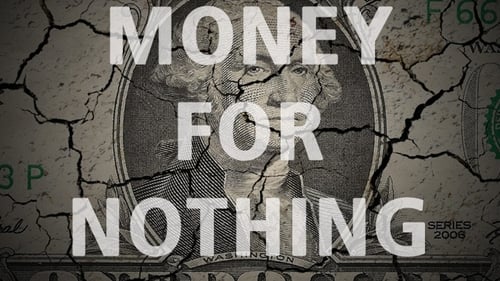
Nearly 100 years after its creation, the power of the U.S. Federal Reserve has never been greater. Markets and governments around the world hold their breath in anticipation of the Fed Chairman's every word. Yet the average person knows very little about the most powerful - and least understood - financial institution on earth. Narrated by Liev Schreiber, Money For Nothing is the first film to take viewers inside the Fed and reveal the impact of Fed policies - past, present, and future - on our lives. Join current and former Fed officials as they debate the critics, and each other, about the decisions that helped lead the global financial system to the brink of collapse in 2008. And why we might be headed there again.
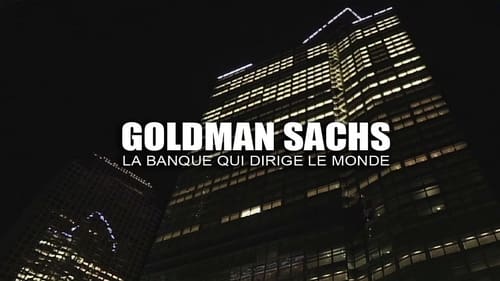
This documentary is a case study of the multinational tentacles of the world's biggest bank, how it started and what its power means to everyone.

Filmed before Wall Street's October 1987 crash, this film is a riveting one hour documentary of a fascinating man, Paul Tudor Jones II delivering a rarely seen view of futures trading and an explanation of the workings of this frantic, highly charged marketplace. It also examines Jones' prediction that America is nearing the end of a 200-year bull market.













